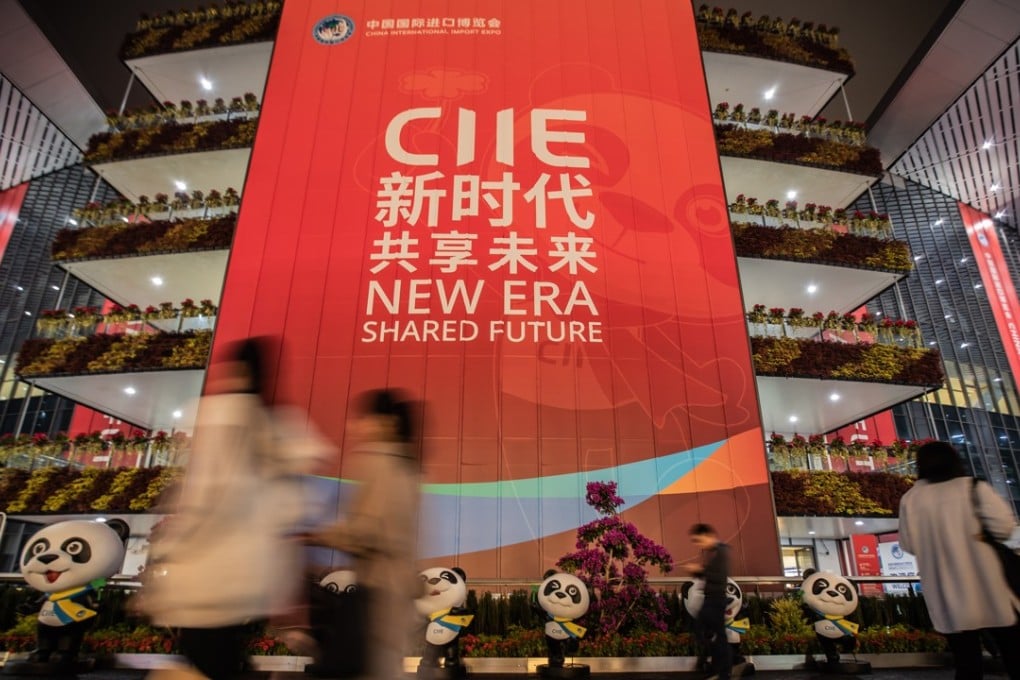China touts US$57.8 billion deals after Shanghai import expo, but how much of that is window-dressing?
- China International Import Expo hailed as symbol of Chinese opening up but unlikely to address ongoing concerns of trade partners
- Business figures point out many deals would have gone ahead with or without high-profile event

Chinese firms signed import deals worth more than US$57.8 billion during the first China International Import Expo (CIIE) in Shanghai, according to official data.
But while the event, which closed on Saturday, has been widely touted by Beijing as a symbol of its willingness to further open the economy, sceptics questioned whether the figures really told the true story.
Business figures said many of the deals unveiled at the event had been agreed well in advance and its highly controlled, top-down nature is unlikely address key complaints made by Chinese trade partners about state interference and unfair competition.
Before the event, the Chinese government urged domestic firms to land more deals, mobilising 60,000 companies to buy imported goods, and sought to play the role of matchmaker between importers and foreign firms.
A press release on Saturday said the import deals agreed during the event included US$16.5 billion in the smart manufacturing sector, US$4.3 billion for consumer electronics and home appliances, US$12 billion in automotive products, US$3.4 billion in consumer goods, US$12.7 billion in food and agricultural products, and US$3.2 billion in services.